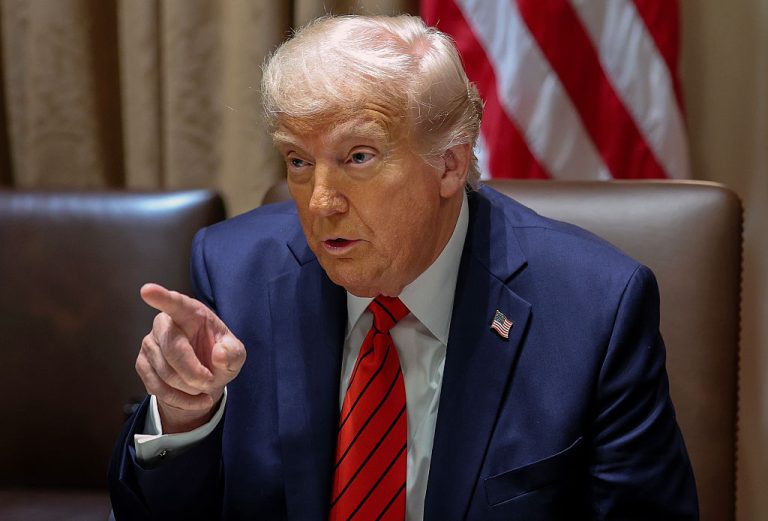Aussie farms in foreign hands: New figures reveal surprising trend
Aussie governments have increased the risk of foreign powers gaining political leverage over the country by allowing key farm and water asset sales to overseas interests, a policy think tank has revealed.
The warnings have come amid new figures showing an alarming share of agricultural land and water resources remained in foreign hands despite a recent move from global investors to offload their Aussie assets.
The Foreign Investment Review Board data revealed about 11.8 per cent of national water entitlements were held in foreign hands at the end of the 2023/24 financial year, up from 11 per cent two years ago.
MORE: Weird advice helps battlers buy 8 homes
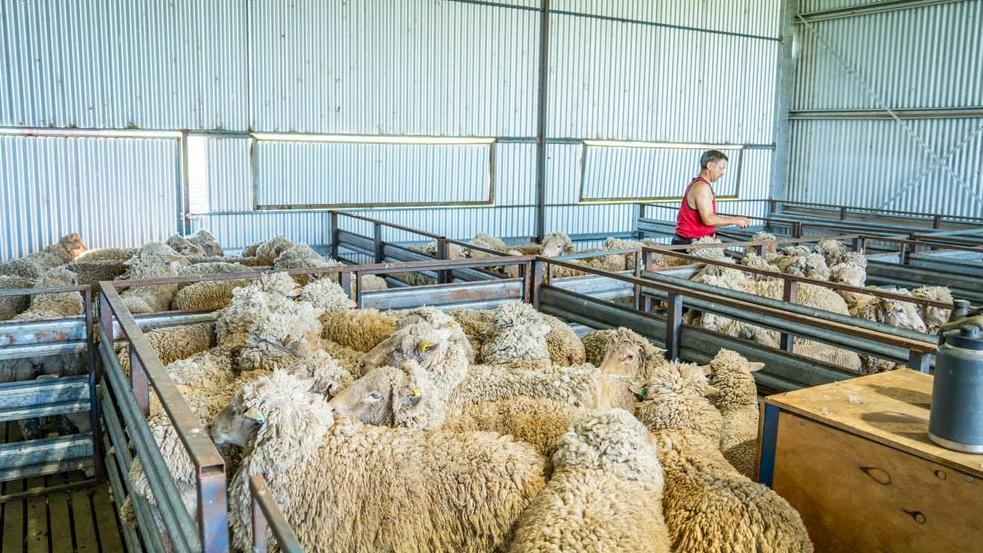
Many of the farms owned by foreign interests produced livestock.
MORE: China’s $1bn Aus home wipe out major blow to Albo
Ownership of water and agricultural assets were often connected. Just over two thirds of water entitlements had an agricultural use, while about a fifth were for mining and 8 per cent for industry.
Foreigners held entitlements for 47.6 million hectares of Australian agricultural land, down two-tenths of a per cent from 47.7 hectares a year earlier, according to the FIRB figures.
This meant just shy of 13 per cent of all Aussie agricultural land was held by foreign groups, a small decrease from 14.1 per cent two years ago.
Over 87 per cent of agricultural land with foreign ownership was reported to be used for livestock, mostly cattle.
MORE: Aussie shop’s baffling X-rated service
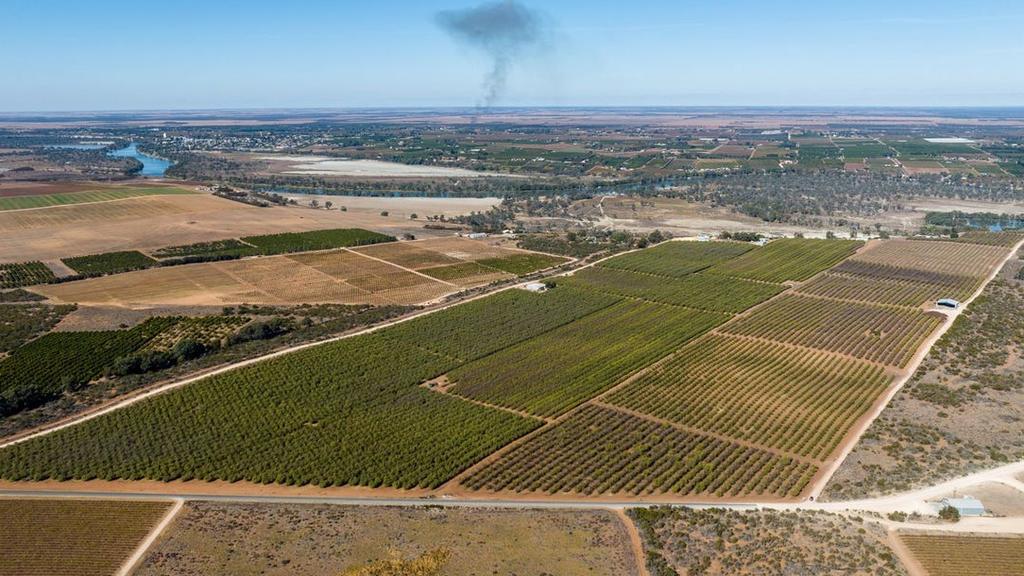
Investors have targeted Australian farms for a variety of reasons, including high returns.
MORE: Less than this in the bank? You’re poor
Daniel Wild, deputy director of the Institute of Public Affairs, said sales of farm and water assets remained risky.
“Foreign ownership can play a role in our economy, but our political leaders must be extremely vigilant when it comes to foreign ownership of key food and water infrastructure, as well as defence assets,” Mr Wild said.
“One of the central risks of foreign ownership of agricultural and water assets is it can be used as political and economic leverage against Australia.
“In an extreme scenario it could lead to Australians to being denied first access to food grown in their own country in a crisis situation.”
MORE: Trashed home of ‘500kg sisters’ exposed
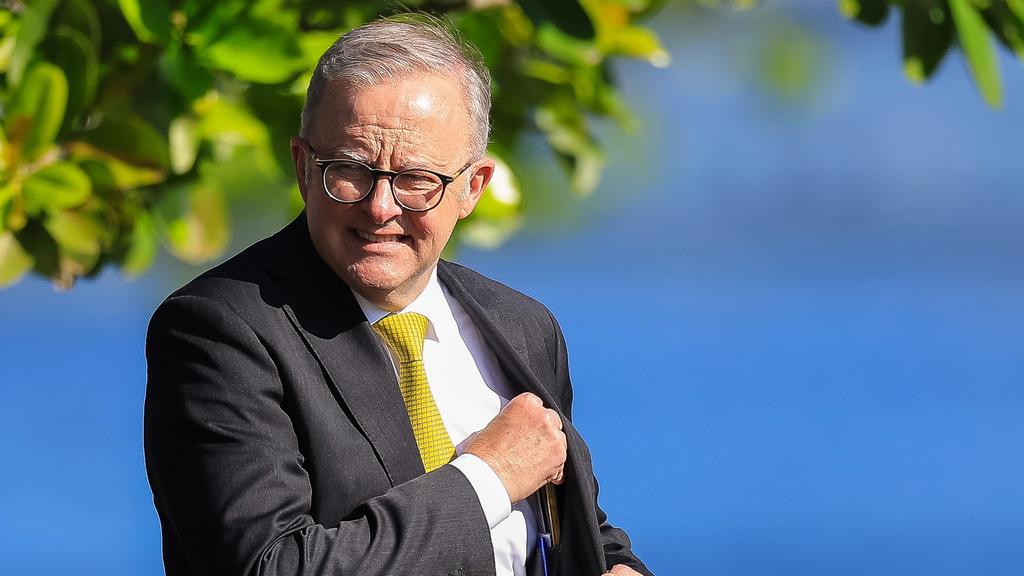
Anthony Albanese attends the G20 Summit 2024. Picture: Getty Images
MORE: Crucial factor driving end of rental crisis
The FIRB figures showed fewer farm assets were in foreign hands compared to previous years, but Mr Wild noted that the global political climate had also evolved.
“Much has changed over the past decade with geopolitical tensions rising, and the Chinese Communist Party becoming increasingly belligerent, hostile, and assertive in our region. Now is not the time to have a relaxed attitude toward these matters,” he said.
Ray White Commercial head of research Vanessa Rader said livestock farms were a popular asset for global investors because of growth in food prices.
“Strong commodity growth … make it an attractive investment option. Similarly, growth in the crops category, favourable weather conditions make these sought after assets,” she said.
MORE: Bold moves that got Albo $8.8m property empire
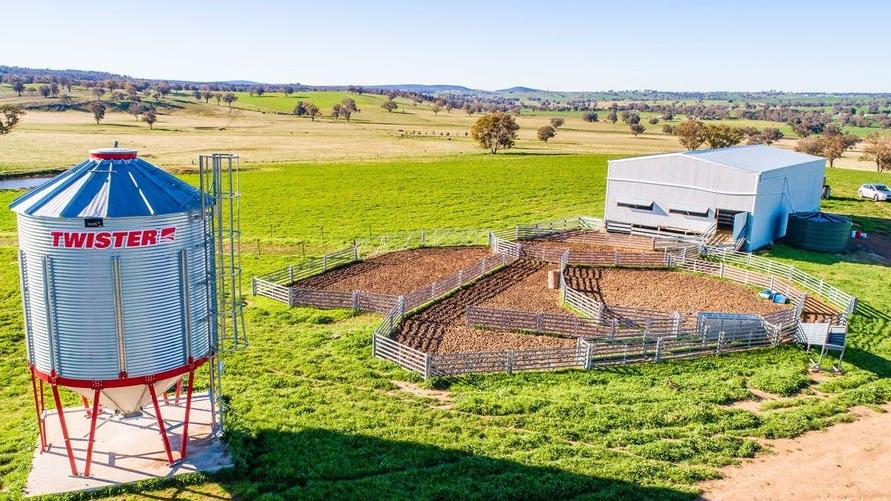
About 13 per cent of Australian farmland is held by overseas interests.
China was the biggest foreign owner of agricultural land, holding about 2.1 per cent of the country’s farming assets.
Daniel Ho, group managing director of Chinese-language real estate portal Juwai, said foreign investors usually targeted specific types of farmland.
“They are looking for land that can produce well into the future and is well watered, even in dry years,” he said.
“That’s the kind of property that can generate positive returns despite high upfront costs for land acquisition and new development and planting.”
The UK held about 2 per cent of Aussie farmland, Canada had 0.8 per cent and the Netherlands and US each had 0.6 per cent.
Canada owned the largest share of foreign-owned water assets – much of which is in the hands of large pension funds. This was followed by the US, China and the UK.
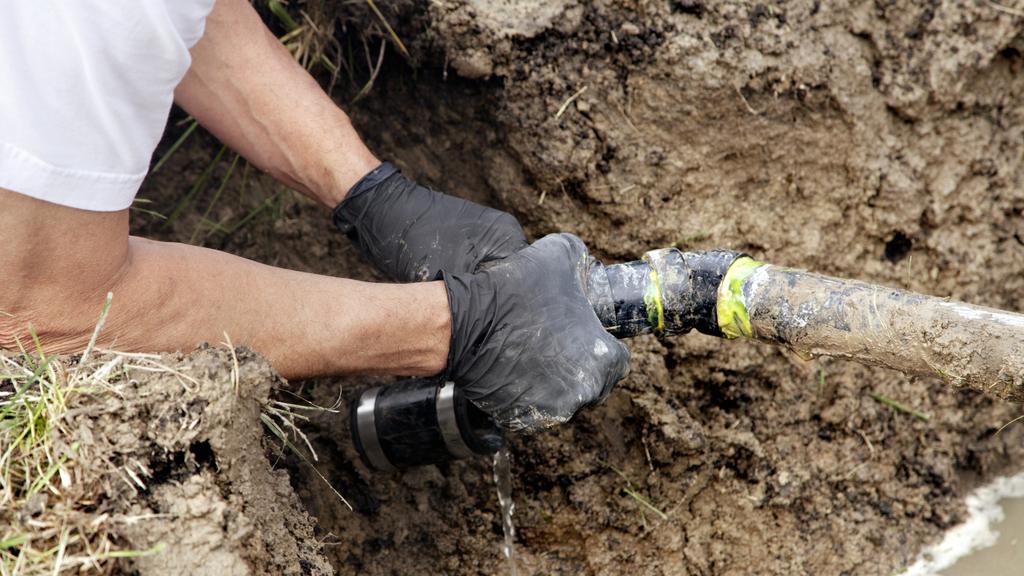
The bulk of water entitlements in foreign hands were for agriculture.
Ms Rader said the slight drop in foreign ownership of Aussie farmland may have been influenced by a recent surge in real estate values.
“We have seen a bit of churn of larger groups disposing assets over the last few years as farmland values have escalated off the back of export activity and also favourable weather conditions,” she said.
“We have seen a greater number of smaller activity both by local and offshore buyer groups which is translated into the fall in the number of assets held by foreign buyers.”
Mr Wild said Australia needed to be strategic about sales of food and water assets to foreign powers.
“Wherever possible, food and water assets should be in Australian hands, or with buyers from Western democratic nations and our key allies.
“Ownership from other nations should only take place where there are no alternatives, clear economic rational, and where stringent safeguards are in place.”

